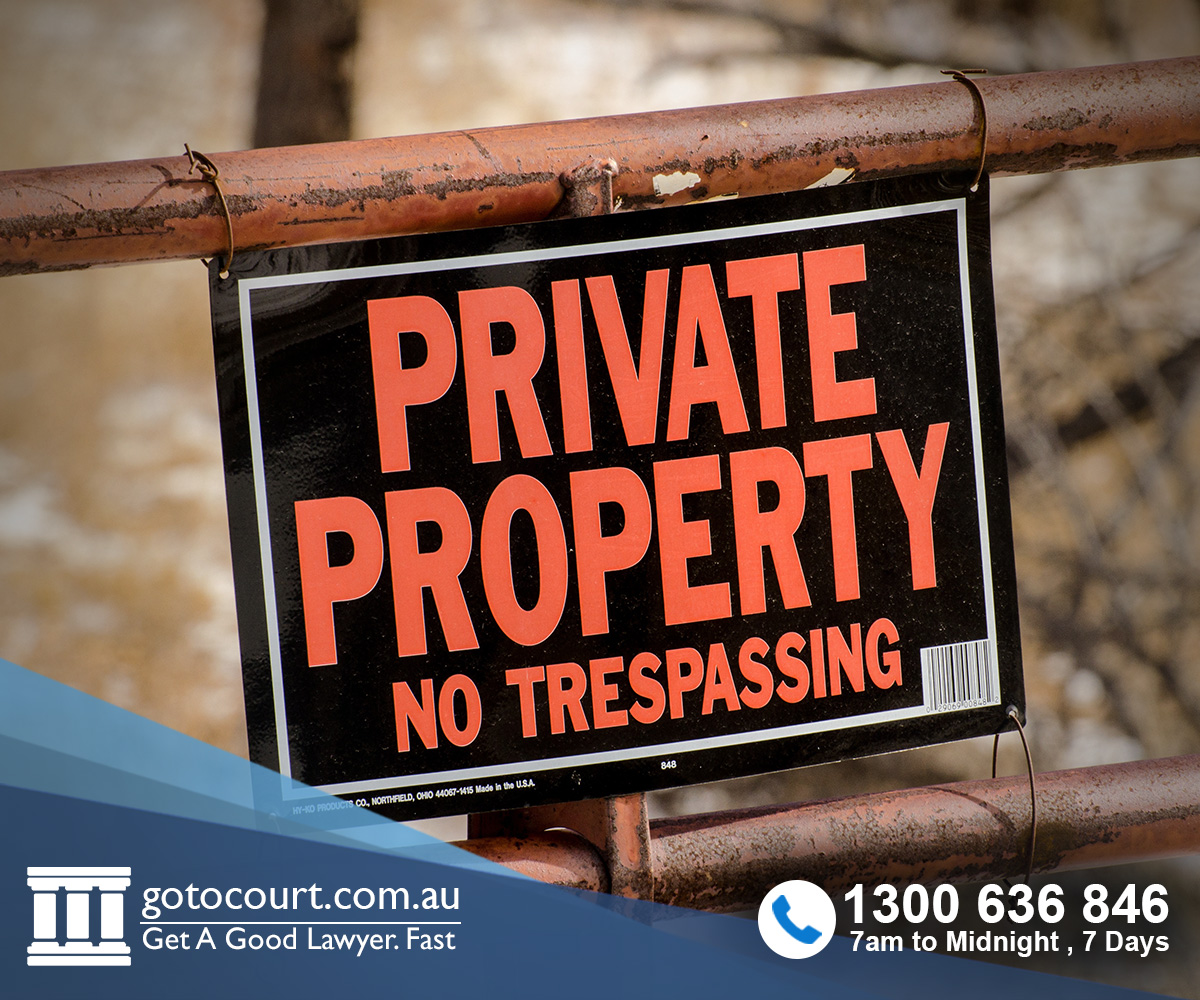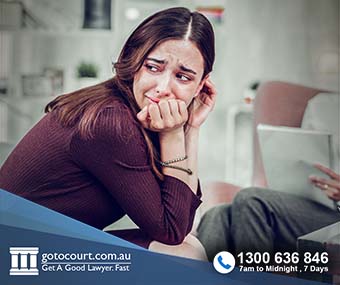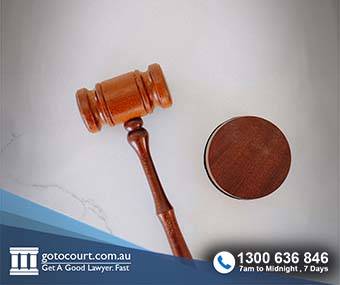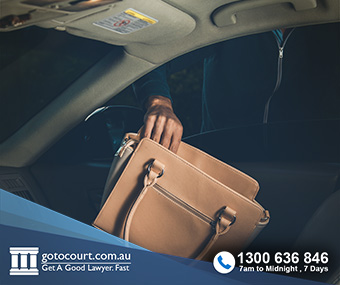Youth Court (SA)
The Youth Court in South Australia deals with people aged between 10 and 18 who are charged with criminal offences. It also deals with child protection matters and adoption and surrogacy matters. The Youth Court is governed by the Youth Court Act 1993.
Youth Court hearings are closed to the public but journalists are permitted entry and may report on court matters provided they do not disclose the name or other identifying details of the young person involved.
Criminal matters
Young people who are charged with criminal offences are dealt with by the Youth Court under the Young Offenders Act 1993, which seeks to ensure that young people are made aware of their obligations under the law and of the consequences of breaking the law and that the community is protected against wrongful acts.
The Young Offenders Act requires the court to give effect to the following policies as far as possible:
- That compensation be given to victims of crime;
- That family relationships should be preserved and strengthened;
- That a youth should not be unnecessarily removed from their family environment;
- That there should be no unnecessary interruption to a young person’s education or employment;
- That a young person’s ethnic and cultural identity should not be impaired.
When a young person is found guilty of an offence, the Youth Court can impose any of a wide array of sentencing orders, including:
- A fine not exceeding $2,500 (Section 24);
- Community service of up to 500 hours (Section 25);
- Detention for up to three years (Section 23);
- Home detention for up to two years (Section 23).
Minor offences
When a young person commits a minor offence, police have the discretion under the Young Offenders Act to deal with the matter by way of an informal caution, a family conference or a formal caution rather than requiring the young person to attend court.
In a family conference, the young offender, their family, the victim and their supporters and the police come together to discuss the offence and how it should be dealt with. Family conferences usually result in an undertaking by the young person to do (or not do) something. If a young person fails to adhere to their undertaking, the matter may be referred back to police and may then proceed to go to court.
If police administer a formal caution, the young person may be required to give an undertaking to pay compensation, apologise to the victim, carry out community service or do anything else that is appropriate in the circumstances.
Serious indictable offences
When a young person is charged with a serious indictable offence and the matter is committed to the Supreme Court or District Court, the higher court may:
- deal with the young person as an adult;
- make an order that can be made under the Young Offenders Act; or
- remand the young person to the Youth Court for sentencing.
Children under 10
Under Section 5 of the Act, a child under 10 cannot be arrested, summonsed or found guilty of a criminal offence. In all Australian jurisdictions, the age of criminal liability is 10.
Child protection matters
Young people who are the subject of child protection applications under the Children and Young People (Safety) Act 2017 are also dealt with by the Youth Court. When the Department of Child Protection considers that a child is at risk, it may apply to the court for an order in relation to the child.
The court has the power to order assessments of the child and/or parents in order to ascertain what is in the child’s best interests and to make orders about the care and guardianship of the child. It does not have the power to make orders relating to the time the child should spend with parents or other parties. Such orders are the jurisdiction of the family law courts.
Adoption matters
Applications under the Adoption Act 1988 are also heard by the Youth Court. The Department of Child Protection has responsibilities under the act.
The court has the power to make adoption orders in relation to children under the age of 18. It can also make an adoption order in respect of someone over the age of 18 if they had a significant relationship with the adoptive parents when they were under 18.
Surrogacy matters
A person can apply to the Youth Court for an order recognising a surrogacy arrangement if the child was born under the arrangement and is aged between six weeks and four months, the commissioning parents are South Australian residents and the child was conceived through a fertilisation procedure performed in South Australia.
When dealing with any matter, the Youth Court must ensure the young person understands what is going on in the proceeding and knows how to obtain legal advice.
If you require legal advice in relation to a youth court matter or any other legal matter, please contact Go To Court Lawyers.







